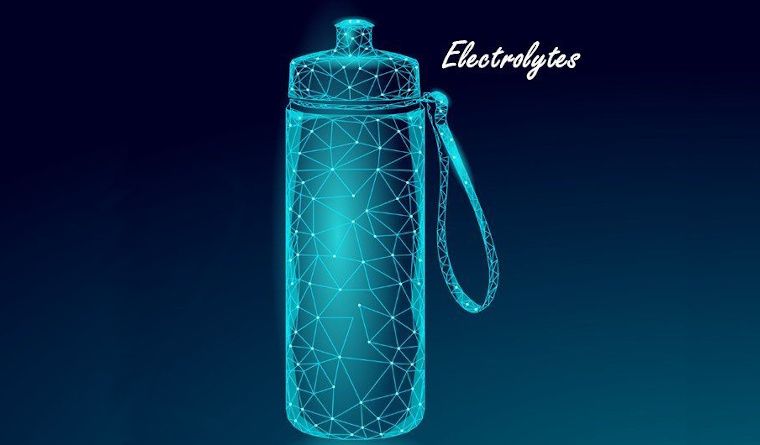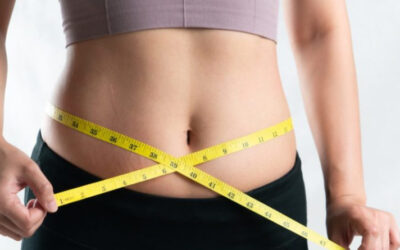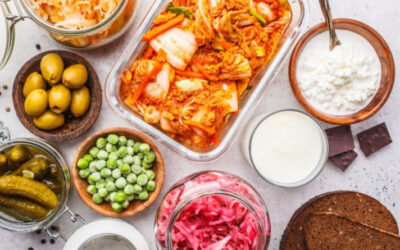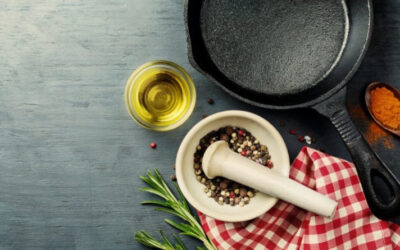Hitting on buzzwords in the wellness industry initiates curiosity and encourages the reader to learn more about their health when stumbling upon a term or a word not often heard.
Electrolytes are commonly used, but not many know of their importance and/or relevance in the diet.
Electrolytes are essential and can impact the very way water is absorbed or not into the body’s cells. They balance the amount of water in your body.
They play a role in conducting nerve impulses, contract muscles, keep you hydrated and regulate your body’s pH levels.
Electrolytes found in your body include; sodium, potassium, chloride, calcium, magnesium, phosphate and bicarbonate.
They’re crucial to keeping your muscles and nervous system functioning and your internal body’s processes balanced.
When it comes to exercise, hot weather and prescription use, water has to be kept in the right amounts both inside and outside each cell in your body. This is referred to as intracellular and extracellular fluid.
Electrolytes, particularly sodium, help maintain fluid balance through osmosis.
Osmosis is a process where water moves through the wall of a cell membrane from a dilute solution (more water and fewer electrolytes) toward a more concentrated solution (less water and more electrolytes).
This prevents cells from bursting from being too full or shrivelling up due to dehydration. Additionally, electrolytes help to regulate your body’s pH. If levels are imbalanced for your body’s requirements, more serious symptoms can occur.
The best way to reach and maintain electrolyte balance is through a healthy diet. The main food sources of electrolytes are fruits and vegetables.
Sources of electrolytes include sodium, chloride, potassium, magnesium and calcium. Try to add some of the following to your diet: (sodium) pickled foods and cheese, (chloride) minute amounts of table salt, (potassium) banana, avocado, sweet potato and pure coconut water, (magnesium) seeds and nuts, and (calcium) leafy greens and dairy products or fortified dairy alternatives.
Remember that supplementing, although a wise idea, can also impact a body negatively if not done correctly. Working with a wellness practitioner can help determine which ones are suited to your lifestyle and needs, as no one person is identical to another.
Remember as well that hydrating with water is still your body’s best ally when it comes to regulating balance and systems in the body. Enjoy its benefits for your skin and sleep health as well.
Ingredients:
4 cups of water (960 ml)
1/2 inch chunk of ginger, smashed and roughly chopped
1/2 cup fresh orange juice
1/4 cup fresh lemon juice
2 tablespoons fresh lime juice
1/4 teaspoon sea salt
1/4 teaspoon baking soda
2-3 tablespoons pure maple syrup
Method:
Add the water, orange, lemon and lime juices with ginger to a medium-sized saucepan. Place over medium heat and bring to a simmer.
- Add the baking soda and salt to the pot. Stir to dissolve. The liquids will foam up after you add the baking soda, but the foaminess will reduce after a minute or so. Turn the heat down to medium-low and gently simmer for about two minutes.
- Turn off the stove and remove the pot from the heat. Stir in two tablespoons of maple syrup until fully dissolved.
- Place a fine mesh strainer over a large, heat-safe bowl. Pour the electrolyte drink into the bowl through the strainer to filter out the solid ginger pieces and citrus seeds. Taste and sweeten with more maple/honey if needed.
- Serve hot or cold. To serve cold, wait for the juice to cool fully before transferring it to the refrigerator. Keep in the fridge for up to five days and enjoy or pour into ice cube moulds and freeze. Electrolyte ice cubes can be added to water or juice for an extra boost of hydration.




